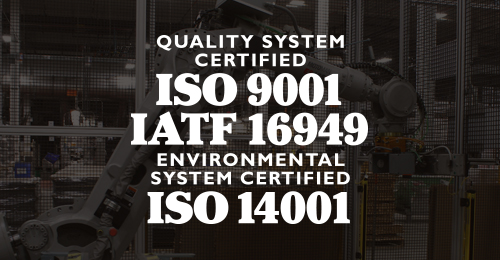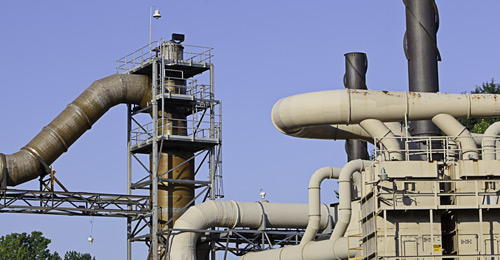ArcActive from New Zealand and East Penn Manufacturing Co. from the United States have signed a commercial arrangement covering the further development of ArcActive’s extremely innovative carbon fiber electrode technology for lead batteries.
Stuart McKenzie, managing director of ArcActive, says the deal involves supplying carbon fiber products to East Penn Manufacturing so it can manufacture lead batteries that include ArcActive’s electrodes.
“East Penn is highly regarded in the battery sector for its innovation and quality,” Mr. McKenzie says. “To have established a partnership with one of the world’s leading battery makers is a fantastic outcome, especially after more than seven years of technological development.”
East Penn operates the largest single-‐site, lead battery manufacturing facility in the world at Lyon Station, Pennsylvania. It is best known for its Deka brand batteries and manufactures many other well-‐known brands. A private company, it employs around 9,000 people and produces millions of batteries each year for the automotive, motive power, and reserve power markets globally.
Bob Flicker, East Penn’s chief operations officer, says the joint development agreement will allow East Penn to scale up the manufacture and testing of batteries using ArcActive’s electrodes.
“To say that we are excited about the potential of ArcActive technology within an advanced East Penn product would be an understatement,” Mr Flicker says. “. This innovation could change the way Dynamic Charge Acceptance is thought of within lead battery technology. In turn, this could open up countless opportunities for lead batteries in partial state-‐of-‐charge applications, while delivering the most cost optimized and sustainable solution.”
ArcActive, which spun out of a lab at the University of Canterbury, NZ, in 2011, has developed a carbon fibre technology that delivers world-‐leading levels of dynamic charge acceptance (DCA) for lead batteries. Put simply, DCA is the ability to store large pulses of energy.
Mr. McKenzie says ArcActive has spent nearly a decade to get to the point where it delivers consistent and exceptional performance against the latest international standards for DCA, while optimizing life and preventing water loss under these highly demanding conditions.
“In parallel, we have developed systems for high volume manufacturing and made sure we have vital intellectual property protection that covers us globally,” he says.
The initial application for ArcActive technology is batteries for micro-‐hybrid vehicles (MHVs) – a market projected to be worth more than US$6 billion annually by 2020. A micro hybrid vehicle uses what’s called a “start-‐stop system”, where the engine turns off when the car comes to a halt and restarts automatically when the brake is released. It may also have regenerative braking technology.
Higher levels of DCA allow more of the available energy from regenerative braking to be stored. That means the battery can reliably service the vehicle’s electrical loads at the same time as greater fuel economy is achieved. In turn, CO2 emissions are reduced, helping automakers meet the increasingly tough emission standards now imposed by regulators.
ArcActive and East Penn have also committed to exploring other applications for ArcActive’s electrode material. That includes batteries for supporting renewable energy generation and motive power.

